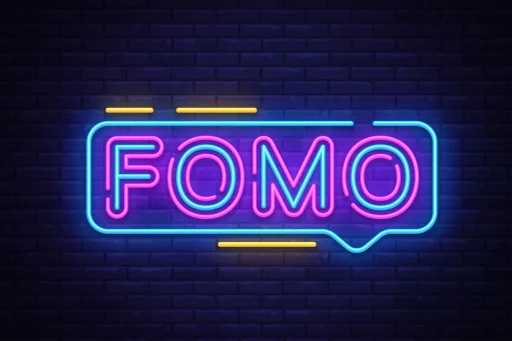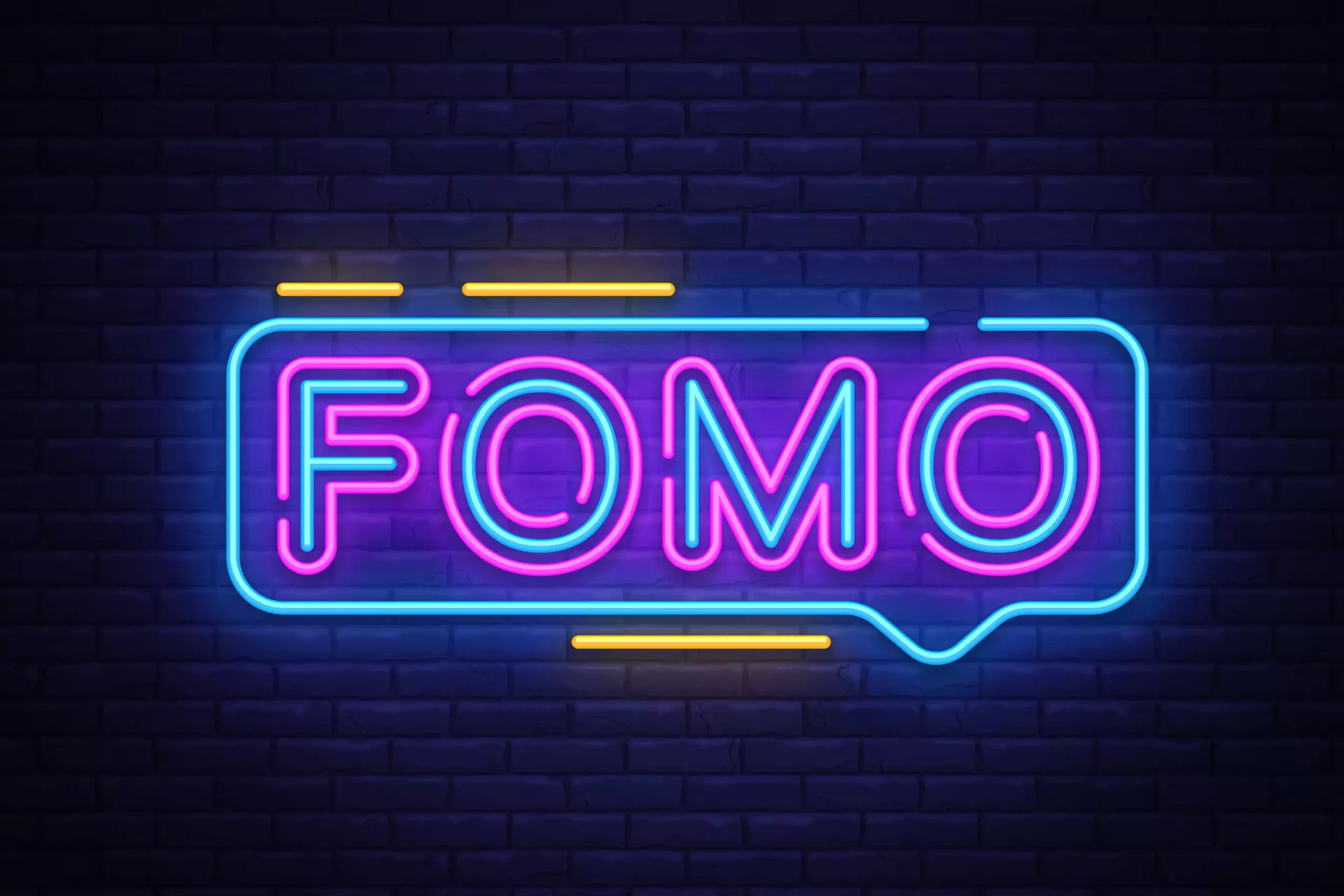Introduction to Drill Music Slang
In recent years, the term “drill” has evolved from a technical military strategy to a vibrant genre of music and an encompassing slang term that has significant cultural significance, particularly among youth in urban communities. Its roots are embedded deeply in the Chicago rap scene but have since gained international traction, influencing artists and communities around the globe.
The Origin of the Term ‘Drill’
Originally, “drill” referred to the practice of military drills, which involved repetitive training and the execution of maneuvers. However, in the context of music and slang, it has taken on a different connotation. The term was first popularized in Chicago in the early 2010s, notably by artists like Chief Keef and Lil Durk, who used it to depict a lifestyle characterized by street violence and gritty narratives.
What Does ‘Drill’ Mean in Contemporary Slang?
In contemporary slang, especially within the music industry, “drill” encapsulates the following meanings:
- Musical Genre: Drill is a subgenre of hip-hop characterized by its dark beats, aggressive lyrics, and a focus on street life.
- Lyrical Subject Matter: Lyrics often focus on themes of violence, survival, and street credibility.
- Instrumental Style: Drill beats typically feature syncopated hi-hats, heavy bass lines, and minimalistic melodies.
Examples of Drill Artists and Their Influence
Many artists have emerged from the drill scene, with each contributing to the genre’s evolution and the integral use of the term:
- Chief Keef: One of the pioneers of drill music, his hit “I Don’t Like” helped to popularize the sound beyond Chicago.
- Pop Smoke: A Brooklyn rapper who infused the drill sound with a unique flair, bringing it to mainstream audiences with tracks like “Welcome to the Party.”
- Digga D: A UK drill artist known for his charismatic delivery and controversial lyrics, helping to define the UK’s take on the genre.
Case Study: The Global Spread of Drill
Drill music’s influence has transcended borders, leading to various adaptations worldwide. The UK drill scene, for example, has grown significantly, characterized by its distinctive sound and lyrical content. Songs by artists like Headie One and Central Cee reflect local issues similar to the original Chicago drill but tailored to the specific context of life in London.
According to a report by the BBC, UK drill has garnered millions of YouTube views, with many tracks surpassing 10 million views shortly after release, indicating a booming popularity. Artists are regularly invited to perform at major festivals, showcasing the genre’s ultimate crossover into mainstream culture.
Statistics and Cultural Impact
The impact of drill music on contemporary culture is significant:
- Industry Growth: The rap music industry saw a 21% increase in revenue from streaming services in 2020, with drill artists playing a pivotal role in this growth.
- Demographics: A survey by Statista revealed that 62% of drill music listeners are aged between 16-24, emphasizing its appeal among youth.
- Media Coverage: Drill music has been frequently covered in news outlets, often in connection with discussions on gang violence and youth culture, reflecting its controversial status.
Conclusion: The Duality of Drill
While drill music is often associated with violence and social issues, it also serves as a powerful form of expression for artists and their communities. For many, it is a means to narrate their experiences, community struggles, and aspirations for a better life. The duality of drill as both a musical genre and societal commentary invites ongoing discussion and analysis.






